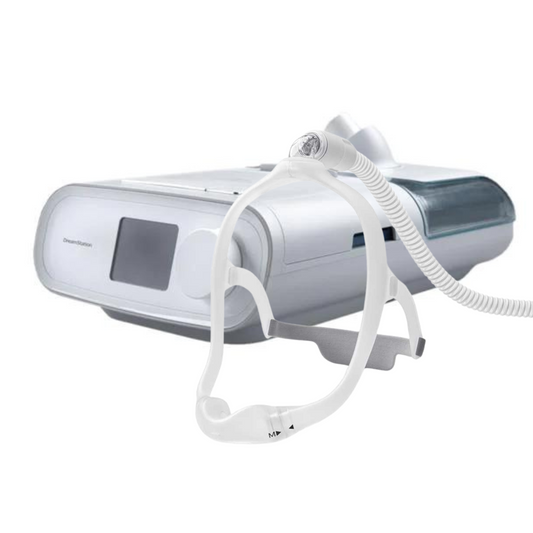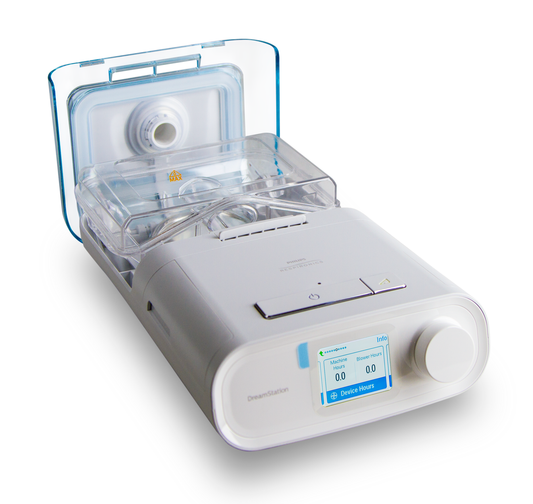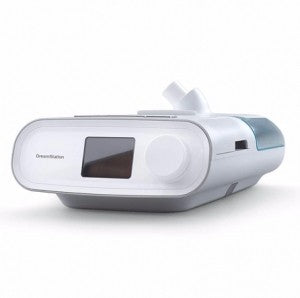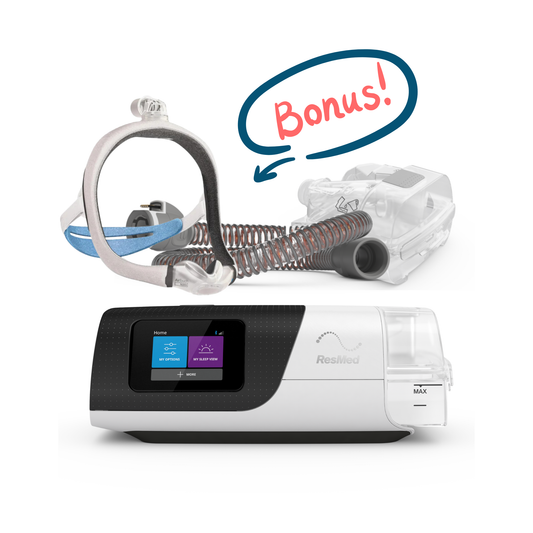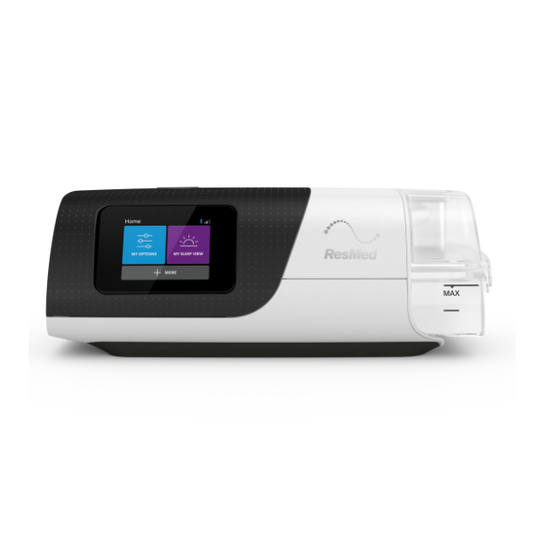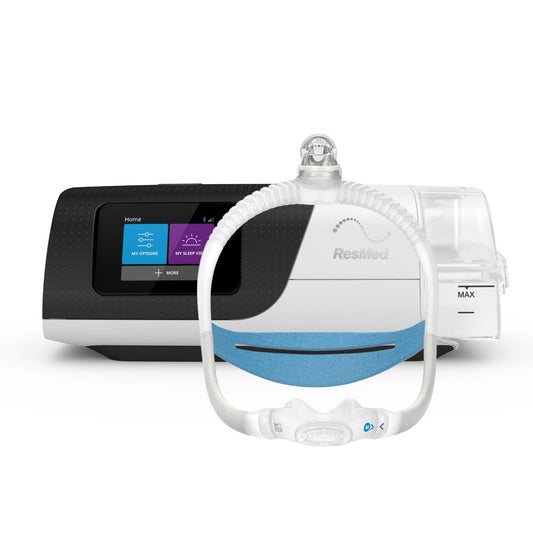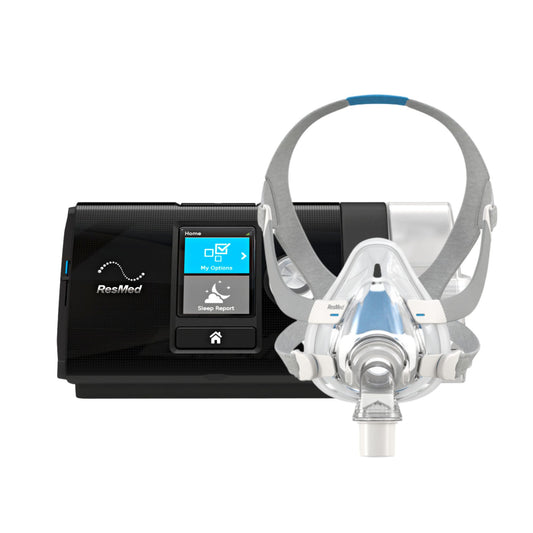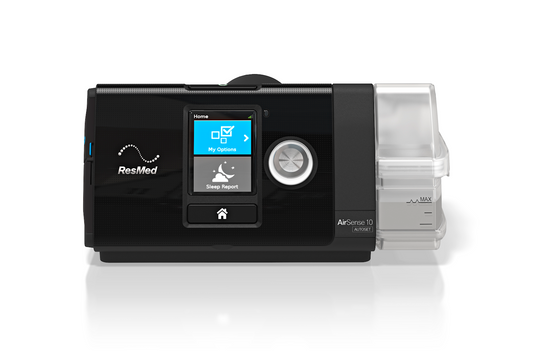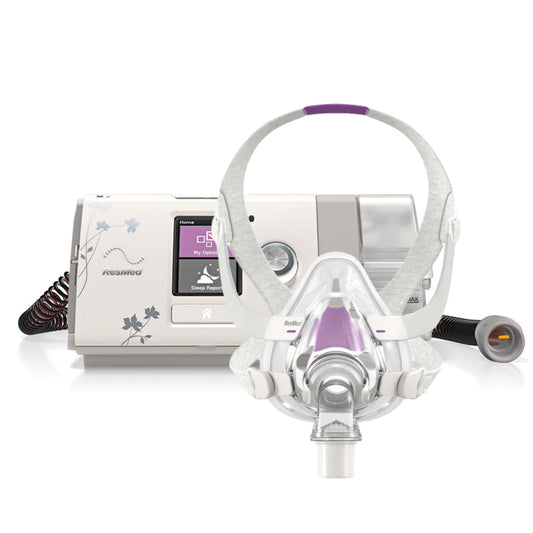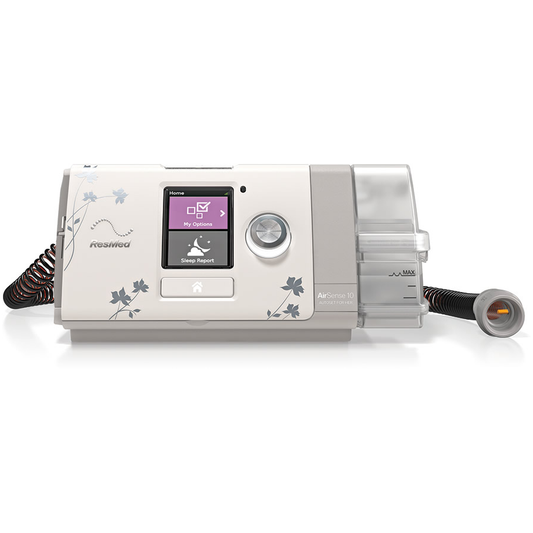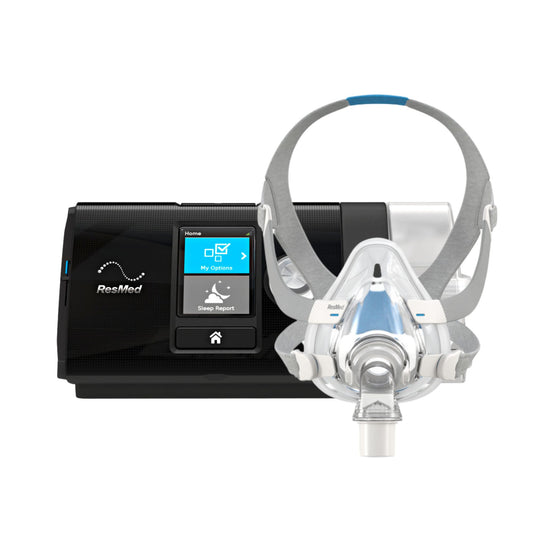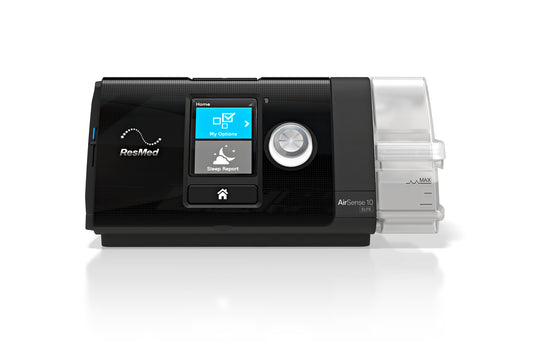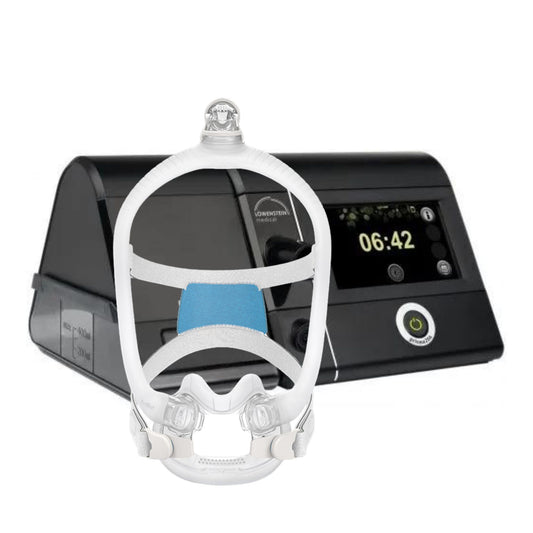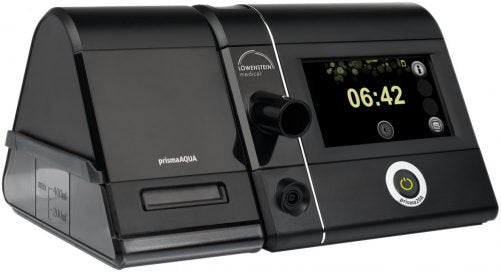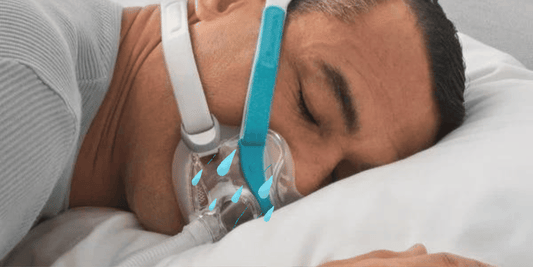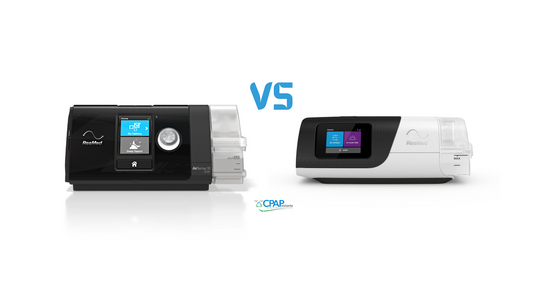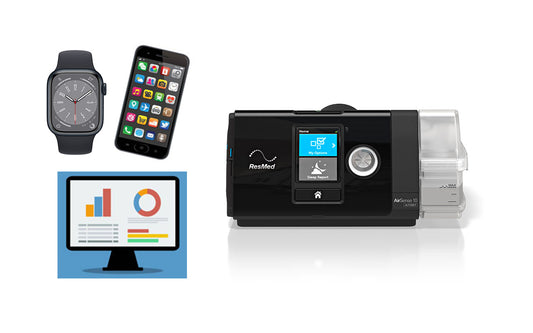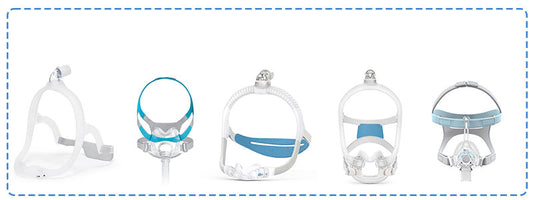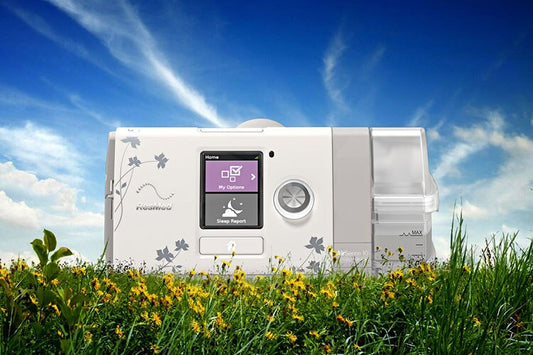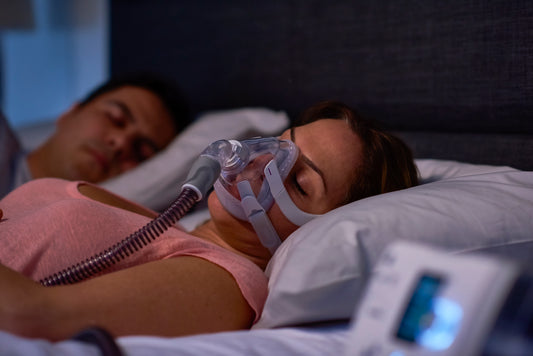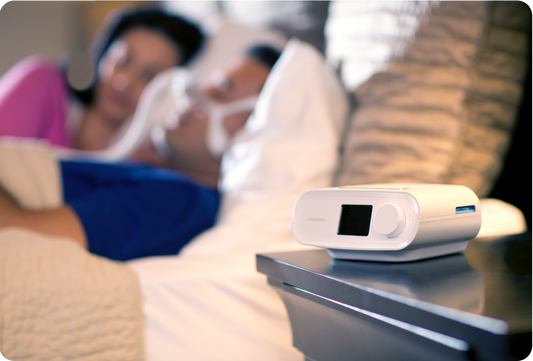In a recent study done by researchers at the National Institute of Health (NIH) in the United States, it was found that older pregnant women who are overweight and who snore have an increased risk of developing interrupted breathing or sleep apnoea. The study was published in the American Journal of Obstetrics and Gynaecology, and endorsed by the National Heart, Lung, and Blood Institute and NIH’s Eunice Kennedy Shriver National Institute of Child Health and Human Development (NICHD).
According to NICHD’s Pregnancy and Perinatology Branch’s Uma Reddy, M.D., the study opened the door for very affordable means to screen and test large numbers of women who are at a higher risk of developing sleep apnoea during pregnancy. Dr. Reddy said that the screening method will facilitate a quick way to identify who required further tests. She added that future studies may lead them to find ways to improve the outcomes of pregnancy.
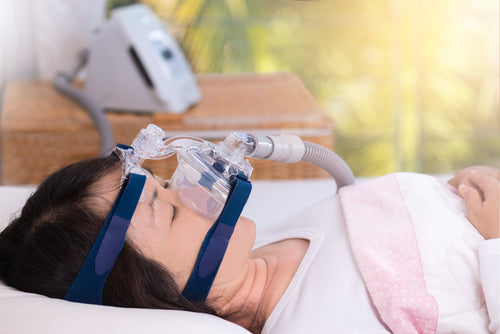
An earlier study of first-time pregnant women diagnosed with sleep apnoea indicated that the risk of developing gestational diabetes and hypertensive disorders is higher for them. There are NIH-supported studies of potential treatment for pregnancy-related sleep disorders but as of now, there are no treatment recommendations or medical guidelines for sleep apnoea during pregnancy. The Maternal Foetal Medicine Units Method has funding from the NICHD and is planning a larger study about pregnancy-related sleep apnoea.
The subjects of this sleep study answered questionnaires regarding their daytime sleepiness, snoring, and sleep habits during their early pregnancy stage of 6 to 15 weeks, and mid-pregnancy stage of 22 to 29 weeks. They also underwent at-home sleep apnoea testing.
The result of the study indicated that 3.6% of 3, 264 women in early pregnancy and 8.3% of 2, 512 women in mid-pregnancy have developed sleep apnoea. The study pointed out that obesity based on body mass index (BMI), older age and frequent snoring are risk factors.
The authors of the study have developed a method of calculating the probability of developing sleep apnoea in early and mid-pregnancy based on a woman’s BMI, maternal age, and snoring frequency. This method or tool is being made available to obstetricians and other related providers to be able to identify pregnant women who are at risk, and in need of further testing.
The gold standard for treating sleep apnoea is continuous positive airway pressure or CPAP therapy. The treatment therapy involves wearing a mask that fits over the mouth and nose, or nose only. A tube is attached to the mask and pressurised air is pumped through it to keep the airway from collapsing. Dr. Uma Reddy added that it is not known yet if CPAP therapy during pregnancy could prevent diabetes, hypertension, and other co-morbidities of sleep apnoea. The best recommendation for pregnant women with sleep apnoea is to see a qualified sleep doctor to assess her condition and treatment in consultation with her obstetrician.
Find a clinic or call us now for a consultation at 1300 750 006.
